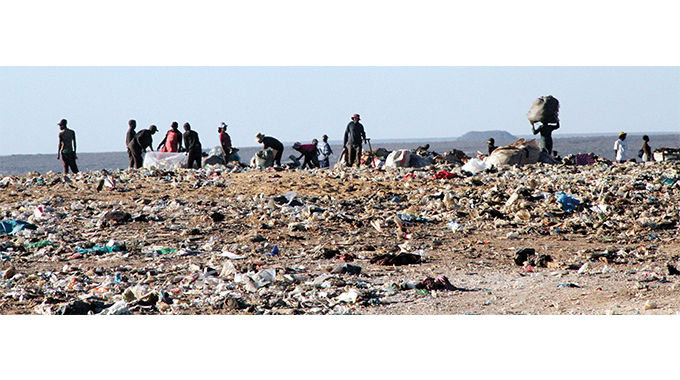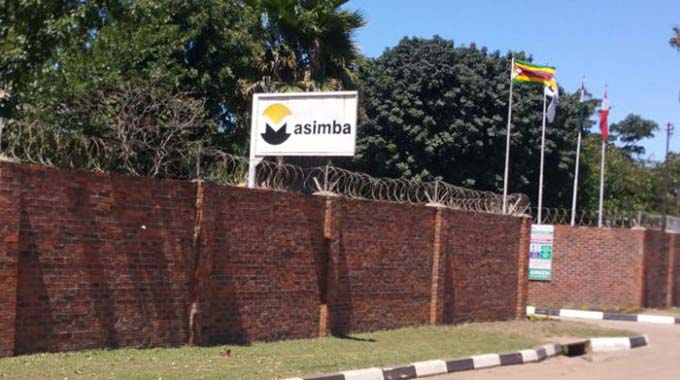Zim has one of the lowest investments globally: WB
WORLD Bank senior economist for Zimbabwe Stella Illieva says the country has one of the lowest investments globally, due to a number of macroeconomic factors.
Zimbabwe received foreign direct investments worth US$745 million in 2018, falling to US$280 million the following year, US$194 million in 2020 and US$166 million in 2021.
This lack of investment has left industry and business requiring at least US$2 billion to retool, upgrade, restructure, and support production, according to several business membership organisations.
“Investment in Zimbabwe is 10% of GDP (gross domestic product). It’s one of the lowest investments in the world so fixing the macroeconomic issues will certainly support this investment that is needed for retooling industry, investment that is needed to upgrade infrastructure, and help Zimbabwean companies become productive and more competitive,” Illieva said, at the launch of the Zimbabwe National Chamber of Commerce second edition annual State of Industry and Commerce Survey 2022.
“Currently because of the global situation and these multiple crises, many countries are facing the dilemma of how to support growth and control high inflation. Unfortunately, there are not many options to keep this balance to control inflation and I think for Zimbabwe its an even bigger challenge due to already high inflation levels and very limited fiscal space to mitigate the impact of multiple global shocks.”
She said next year’s elections were likely to create further pressures as the government would be forced to spend outside the budget, resulting in increased money supply and eventually inflation levels.
“And high inflation, coupled with worst than expected crops will affect consumption, will also affect investment, and will reverse the good poverty reduction that we have seen over the past several years,” Illieva said.
Some of the major reasons for the poor investments are the depreciating local currency, high inflation, failure to repatriate earnings outside the country owing to tight central bank controls, high tax regime, corruption and red tape in doing business.
Also, the declining service delivery in utilities such as power and water, along with policy inconsistency, negatively affect investor sentiment.
Illieva said investors needed incentives to invest.
Fitch Solutions global market analyst Chiedza Madzima said: “We rank markets based on the competitiveness of their business climate so out of 201 countries, Zimbabwe ranks 184th. Our neighbouring country, Zambia, ranks 164th, South Africa 67th, and on the other end of the spectrum Singapore ranks 1st. All these countries in the region and globally are competing for the same global pot of capital so it’s important to keep sight of what is it that investors, not just local, but foreign investors really want for their business environment.
“So, it’s aspects like sound money, clear and predictable policy environment, market access, as well as bankable projects. So, I think the government of today does recognise the need for painful reforms, and implementation, in some areas is wanted. But, you know, these are reforms that really should have started decades ago and what seems to complicate a lot of the decision-making work of policy-makers in Zimbabwe is the extent to which the country is locked out of international financial markets.”
She said Zimbabwe was now vulnerable to external and commodity head shocks as that remained its main source of revenue, adding that it was either booms or busts, yet business wanted something in the middle.
“There is this deep confidence gap to navigate especially in the foreign investor community and a lot of internal policy scepticism. But, if you bring that sort of global aspect into play, Zimbabwe is a country that cannot lie on its laurels anymore in terms of relying on the export of primary sector goods in agriculture, mining exports,” Madzima said.
Fitch Solutions is an America-based global market research firm.-newsday










